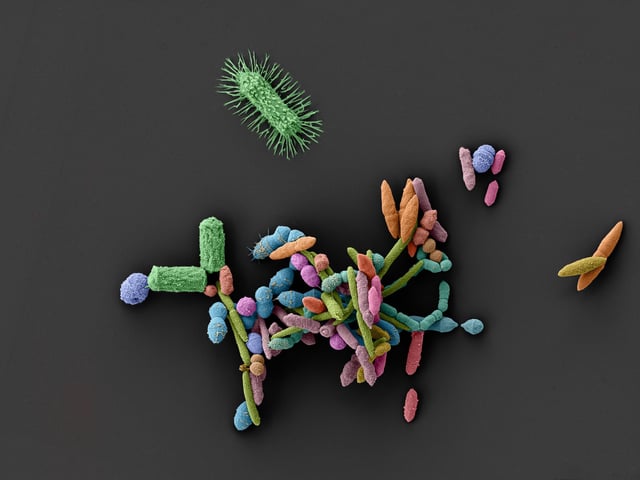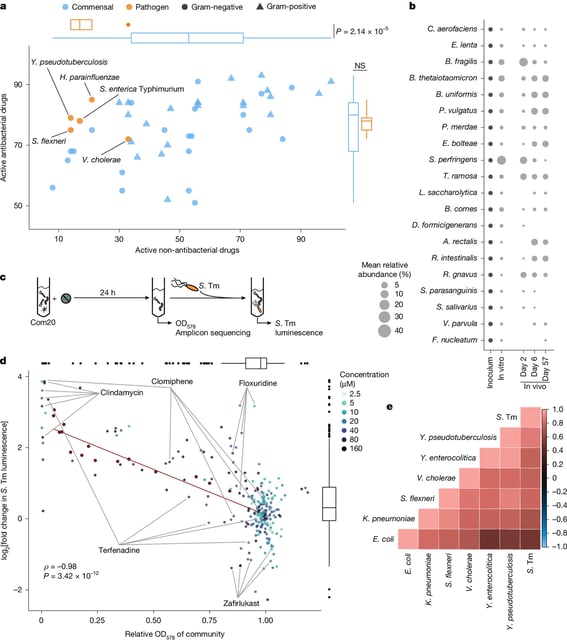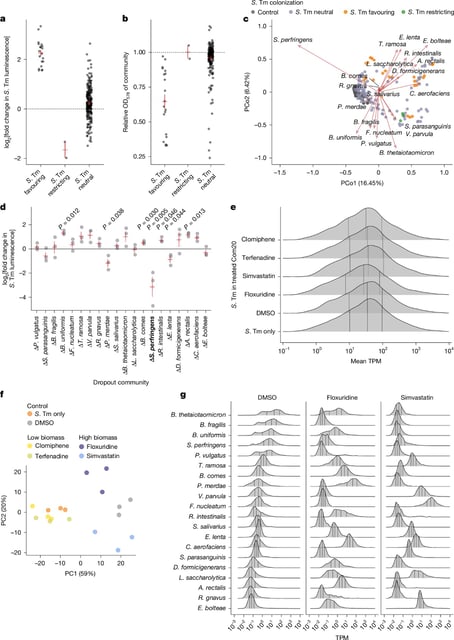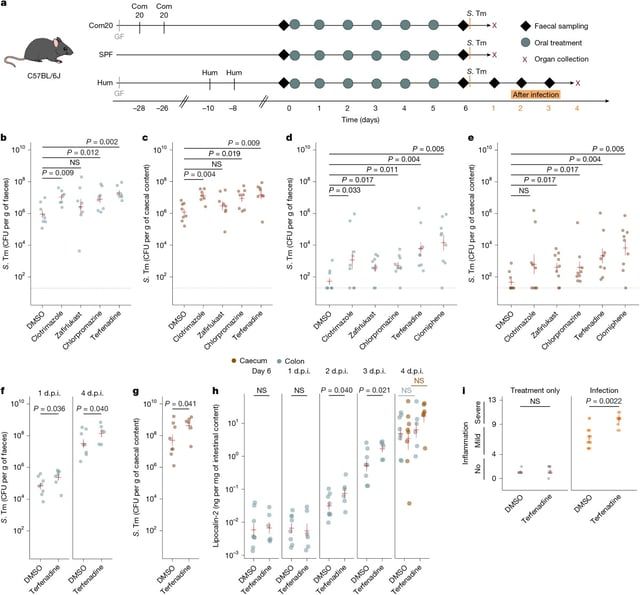Overview
- Laboratory assays with synthetic and real human gut communities show about one-third of 53 non-antibiotic medications, including antihistamines, antidepressants and hormone therapies, promote Salmonella growth by diminishing beneficial bacterial biomass
- In mouse models certain non-antibiotic drugs accelerated Salmonella colonization, causing rapid-onset salmonellosis with severe inflammation
- The study finds medications disrupt colonization resistance by harming microbial diversity and eliminating commensal species that compete with pathogens
- Researchers led by Professor Lisa Maier at Tübingen developed a high-throughput platform to quickly evaluate drug effects on microbiome resilience under standardized conditions
- The authors recommend that pharmaceutical research systematically include microbiome impact assessments to safeguard host–microbe homeostasis and prevent unintended infections



